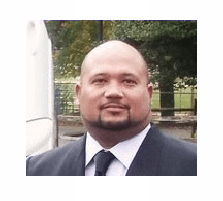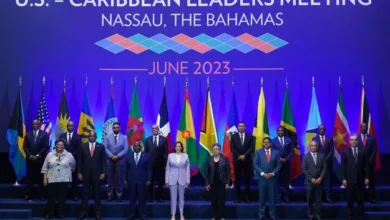PAHO appeals for $95 million to help Latin America and the Caribbean cope with the COVID-19 pandemic


Director of the Pan American Health Organization/World Health Organization
Washington, DC – A donor appeal from the Pan American Health Organization (PAHO) is seeking $94.8 million to fund priority public health measures to help countries in Latin American and the Caribbean face the 2019 coronavirus disease pandemic (COVID-19).
The funds will be used to carry out PAHO’s COVID-19 Response Strategy, which in alignment with the World Health Organization (WHO) aims to save lives and slow transmission of the virus to mitigate the impact of the pandemic on health systems and population health, with a focus on countries that most need help. The requested resources will support the strategy through September 2020; as the pandemic evolves, the needs are expected to increase.
“The spread of COVID-19 is accelerating in the Americas and we need to intensify actions to stop it,” said PAHO Director Carissa F. Etienne. “This new virus has shown that it can overload health services even in the most developed countries. We need to invest more to protect the most vulnerable, including health workers, and to save lives.”
Brazil reported the first imported case in Latin America and the Caribbean on 26 February 2020. Within a month the virus had spread to 48 countries and territories in the hemisphere. As of 1 April, 51 countries and territories in the Americas had reported 216,912 confirmed cases and 4,565 deaths from COVID-19. In the past 10 days, confirmed cases have increased tenfold.
Currently, the United States is the country with the majority of cases in the world and 86% of cases in the Americas.
PAHO’s strategy has five priority lines of action: early detection of COVID-19 cases through existing surveillance systems; ensuring capacity and sufficient tests and reagents for timely laboratory diagnosis; infection prevention and control in health services; optimizing the capacity of local health systems to manage cases and provide care safely; and information dissemination to help people understand their risks and motivate them to take measures to protect themselves and their loved ones.




